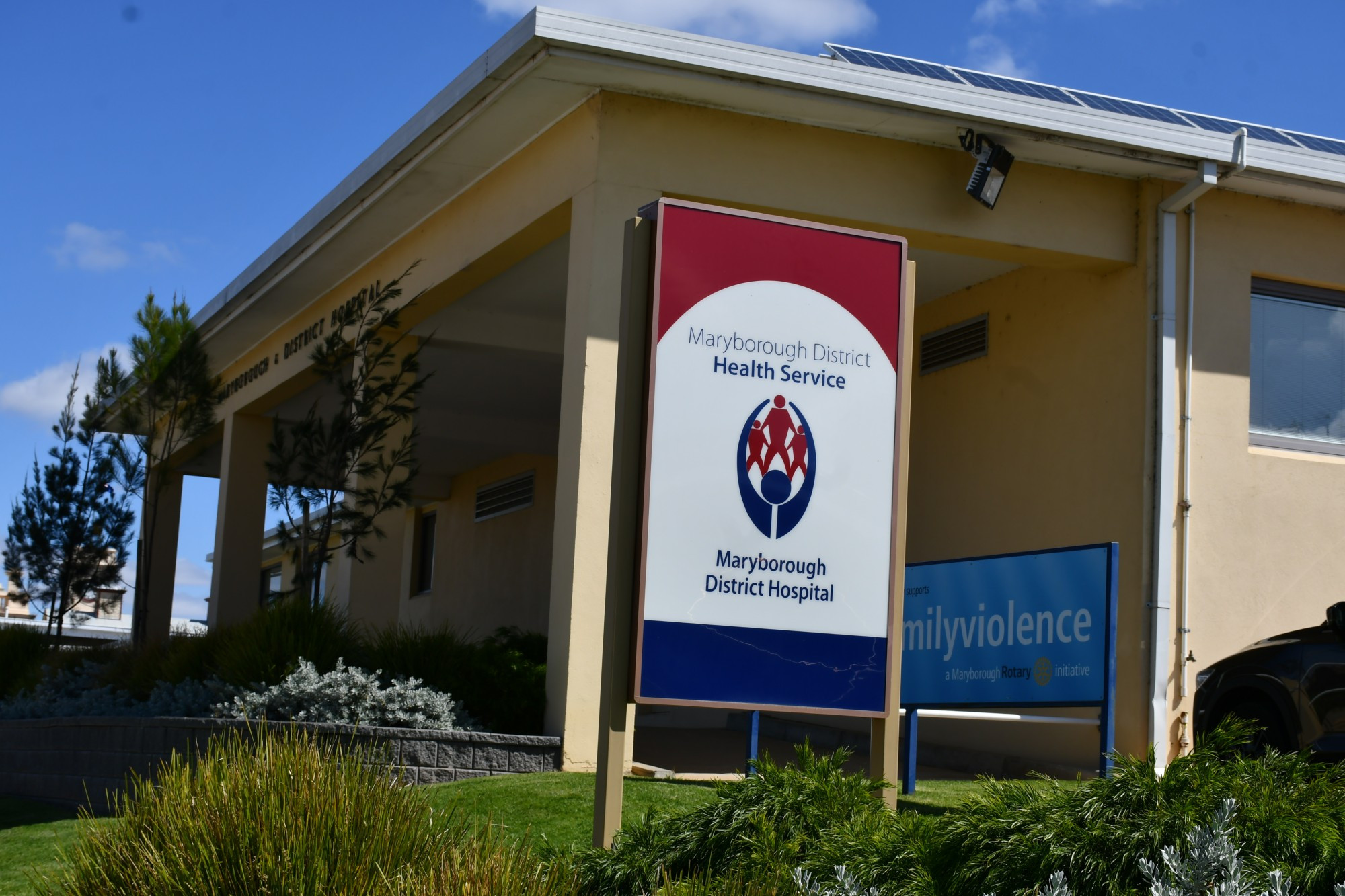General News
13 March, 2023
Locals provide insight on rural health challenges, student housing a highlight at Mallee forum
Injecting ideas and solutions to combat regional health con-cerns, a one-of-a-kind summit saw local medical experts gather in Mildura earlier this month — with Maryborough’s newly opened accommodation for healthcare students highlighted as...

Injecting ideas and solutions to combat regional health concerns, a one-of-a-kind summit saw local medical experts gather in Mildura earlier this month — with Maryborough’s newly opened accommodation for healthcare students highlighted as a success story.
Held over March 1 and 2, the Regional Health Workforce Summit was hosted by the Member for Mallee Anne Webster to create a platform for heads of peak organisations to come together and discuss ways to improve the healthcare system in the regions.
Representatives from Royal Australian College of General Practitioners, Australian College of Rural and Remote Medicine, Rural Doctors Association of Australia (RDAV) as well as the Maryborough District Health Service (MDHS) were present at the session — hearing from professionals on the frontline.
Ensuring Maryborough’s position was highlighted, MDHS CEO Nickola Allan said it was important the service had a seat at the table.
“The purpose of the forum was to bring many health practitioners and leaders in the room to work collaboratively on essential primary healthcare policy that will drive improved regional healthcare reform,” she said.
“As a rural provider of health care, who provide primary and acute care service, it was essential to have our voices heard as part of the forum.
“Discussions centred around regulatory frameworks, long and short term solutions to workforce shortages across the sector, barriers to clinicians working to full scope of practice, health funding, and barriers to relocation and access in rural towns. These issues are pertinent to MDHS and all others services across the sector.”
According to the summit’s report — which outlines the outcomes of the discussions — some of the solutions are geared towards supporting more international medical graduates, encouraging secondary school students to choose health careers, and improving the housing situation which acts as a barrier to workforces in regional areas.
“The forum was designed to identify solutions that require policy change, driven by clinicians and leaders who are at the coal face,” Ms Allan said.
“It was great to be in a room full of people with the purpose of improving outcomes for community, and the future of our workforce across all areas.”
Maryborough GP and RDAV president Dr Dan Wilson, also in attendance at the summit, reiterated the effectiveness of the proposed solutions.
“All of us are really feeling it at the moment — how hard it is sometimes to see your GP, how hard it can be to even get through the emergency departments and the wait lists for surgery are completely blown out, so the forum brought together groups and individuals to put together a number of solutions for these problems,” he said.
“One of the immediate solutions would be to fast track and support international medical students. Maryborough does have a number of overseas trained doctors that help and have become part of our community and our local doctors.
“The solution was focused on fast tracking their ability to become registered doctors in Australia, and also to have really supportive systems around them so that they feel like they can become part of the community.”
For Dr Wilson, a key takeaway from the summit was distinguishing between metro and regional health problems and responses.
“We really do need different solutions to the city, when working and living in rural areas, particularly even further rural and remote than Maryborough — where we don’t have necessarily all of the multidisciplinary teams working together,” he said.
“We need different ways to fund that and it definitely shouldn’t be out of an individual’s pocket. We need innovative solutions for governments and private sectors to help, collaborate and afford the cost of care.”
While potential solutions were formulated at the forum, MDHS’s newly developed student accommodation — officially opened by Premier Daniel Andrews on March 3 — stood out as a success story.
“The accommodation really is a positive addition to help support and grow local interested workforce,” Dr Wilson said.
“I supervise a medical student in town who’s staying at the accommodation and is really quite satisfied with it and thinks that it’s quite a collegial environment.
“There are students from physio, nursing, medicine and speech pathology, some are on long term placements and some are on short-term placements and they find it quite enjoyable to interact and make connections with each other because some of them may be returning again one day — I think it is a really positive step.”
All agreed outcomes and solutions from the Mildura Regional Health Workforce Summit will be sent to the Department of Health secretary Professor Brendan Murphy for consideration.